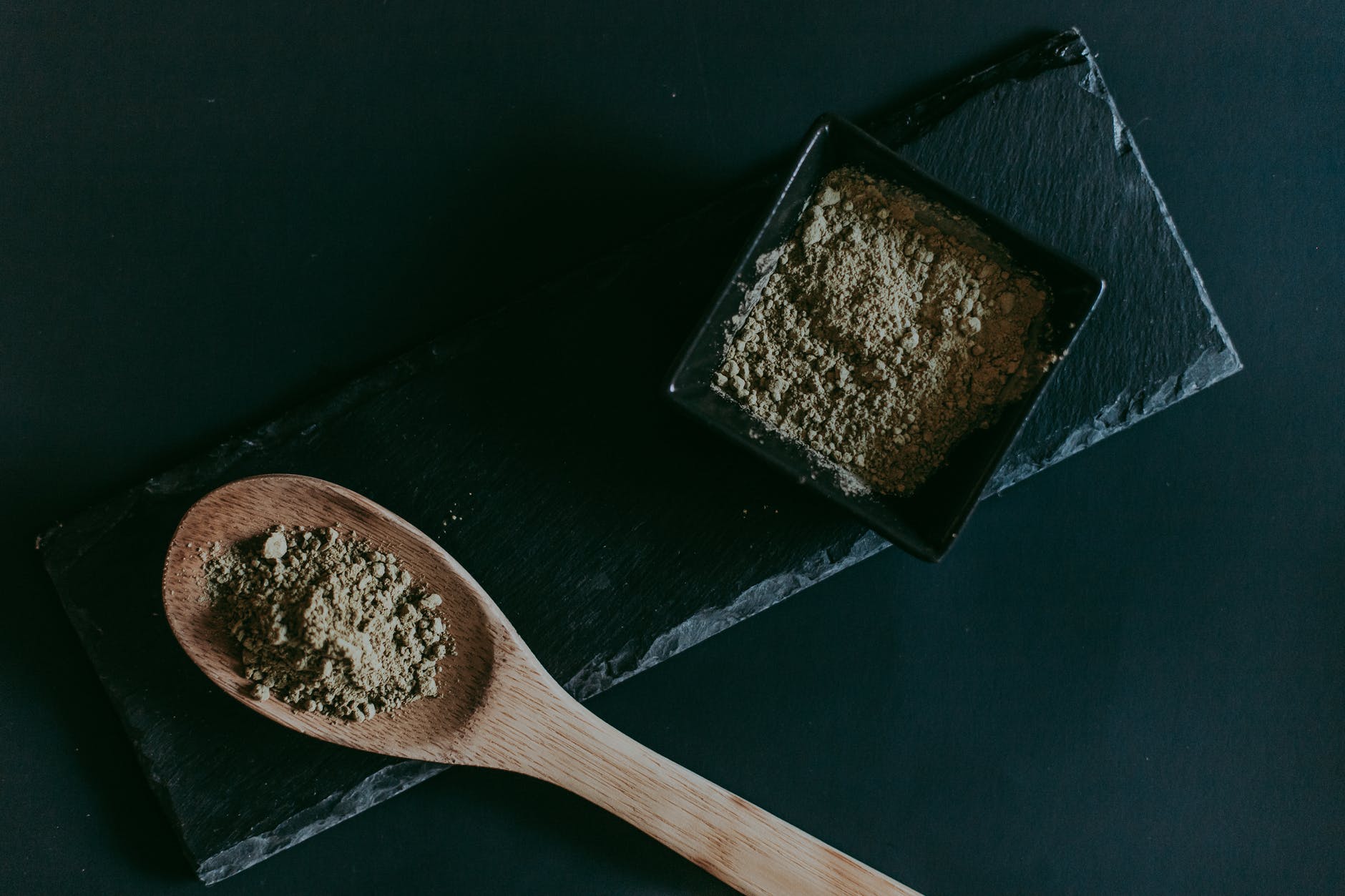Table of Contents
Before delving into how long kratom remains in a person’s system, it is important to understand how Kratom works. Because kratom is such a recent addition to the market in the United States, many individuals have misunderstandings about it or just do not know much about it. Find here – How Long Does Kratom Last – It Takes for Kratom to Work
This herbal medication is often marketed as a legal psychoactive substance in the United States, and mitragynine is the primary active alkaloid in the plant responsible for its effects. Mitragynine increases opioid-like activity in the brain while decreasing pain responsiveness. When the active components of kratom enter the brain, they have an effect on mood and anxiety. They have been found to provide a euphoric impact comparable to opium or heroin but without the side effects. Kratom Lounge is a reliable Kratom provider.
How Long Does It Take for Kratom to Work?
When someone consumes kratom, the effects often occur 10 to 15 minutes later. A little dosage of kratom may have an impact that lasts around two hours, while larger doses can have an effect that lasts up to eight hours. A dose of four to five grams produces moderately strong effects that last approximately two hours, whereas seven to eight grams produce lengthier effects. The greatest effects of kratom are thought to occur 1.5 to 2.5 hours after use.
When taken on an empty stomach, the benefits of kratom are amplified. If someone eats before taking it, the effects may take an hour or more to appear. Because the capsule form of kratom must dissolve in the person’s stomach, the benefits may take longer to take effect.
Kratom’s Half-Life
When contemplating discontinuing kratom usage, many people question how long kratom remains in the system. Someone who is addicted to kratom and wants to discontinue use may be concerned about the withdrawal symptoms and when they will occur. Also, if they are going to be drug tested, they may worry about how long kratom will remain in their system, despite the fact that kratom does not appear in many conventional drug tests.
Because there has not been much study done on kratom, the half-life is not fully known. It has only been thoroughly investigated in animals. However, based on previous studies, it is thought that the main alkaloid contained in kratom, mitragynine, has a half-life of about 23.24 hours.
According to the data, it would take a whole day for someone to remove half of the kratom in their body. Based on this half-life data, it would take slightly over five days for kratom to be completely removed from the system.
According to current studies, the quickest half-life of kratom alkaloids may be a little over two hours, putting complete elimination at about a half-day. On the lower end of the half-life range, however, it may take up to nine days for all of the kratoms to be removed from a person’s system.
There is evidence that someone who has used kratom less often or at lower doses would remove the drug faster than long-term or regular users.
What Factors Have an Impact? How Long Does Kratom Last in Your System?
As with any drug, there are many factors that would affect or impact how long kratom would last in a person’s bloodstream. Some of the variables that may influence the elimination time and, ultimately, the length of time it will remain in your system are as follows:
Age:
The elimination half-life of older individuals is longer than that of younger ones. This is true with kratom, as well as most other orally consumed drugs. This is typically due to variables such as renal function, age-related physical changes, and drug usage. It is fair to presume that kratom will remain in your system longer if you are older, especially if you are above the age of 65.
Body fat percentage:
Another personal factor that may influence how long it takes for kratom alkaloids to be removed is a person’s proportion of body fat. Because mitragynine in kratom is highly fat-soluble, those with a high body fat percentage would likely retain kratom metabolites for a longer period of time than people with a low body fat percentage.
Genetics:
Certain genetic markers and enzymes may influence how quickly kratom is removed from the user’s body.
Food and water intake:
Taking kratom with a high-fat meal may result in quicker absorption, which may also shorten the time it takes for the drug to reach its peak concentration levels. It may also affect how long it takes for kratom to be eliminated through urine if you are well-hydrated.
Your renal function, urine pH, and metabolic rate are all personal variables that may influence how long kratom remains in your system. These are not characteristics unique to kratom. This is true of many chemicals.
Is Kratom detectable in a drug test?
One of the main reasons why many individuals choose kratom over other opiates and drugs is because they think it will not show up on drug tests. Kratom does not appear on many common drug tests, such as the SAMHSA-5, although certain kratom alkaloids may be detected on urine or blood tests. Because blood tests have a narrower detection window for drugs and are more intrusive, a urine test is more probable. There is also a kratom drug test known as the kratom 10-panel drug test that may be administered.
See here – Exploring Clever Design Ideas



